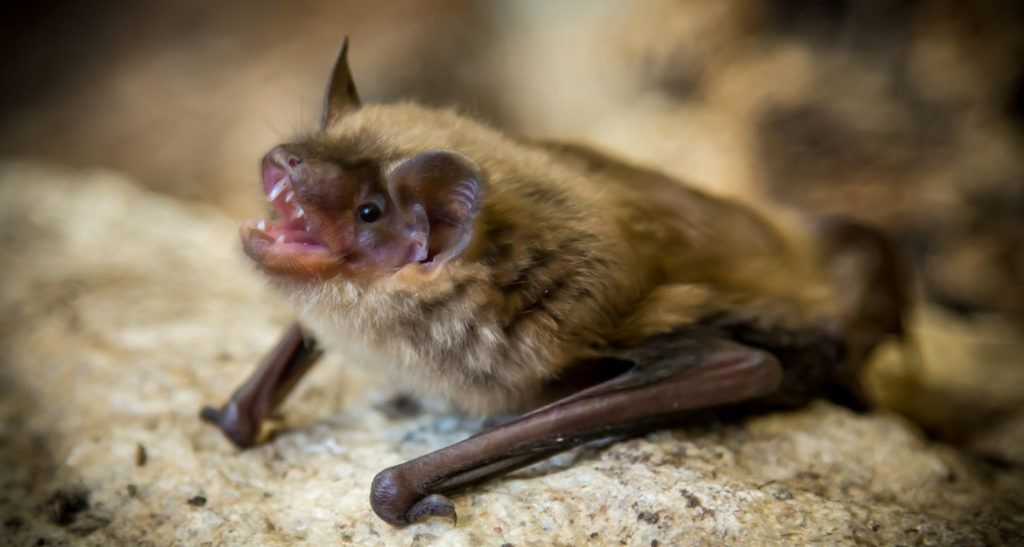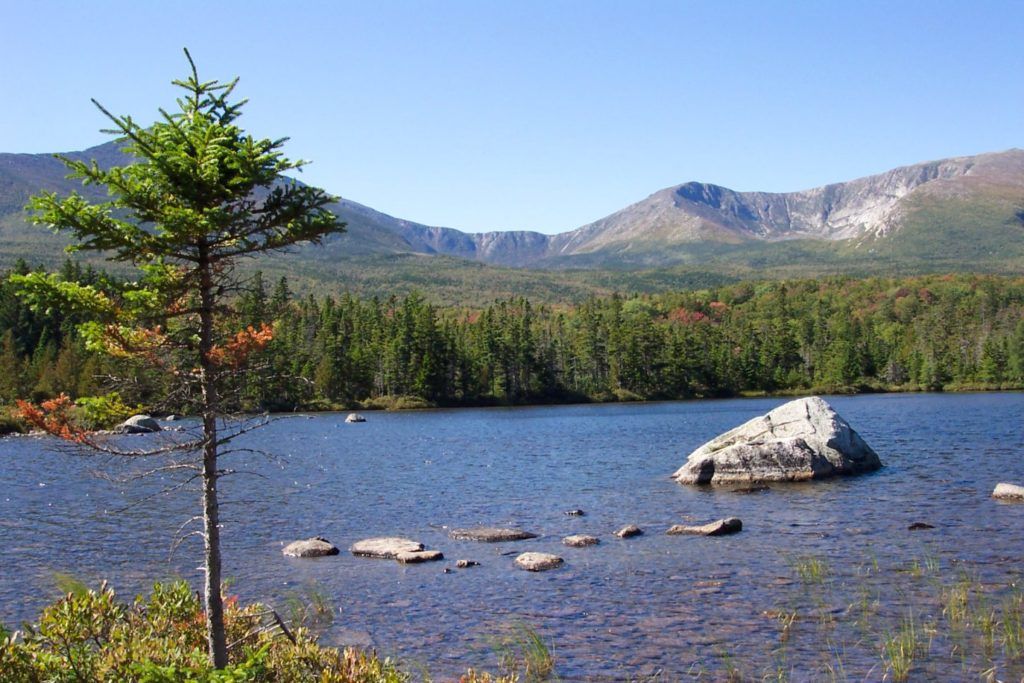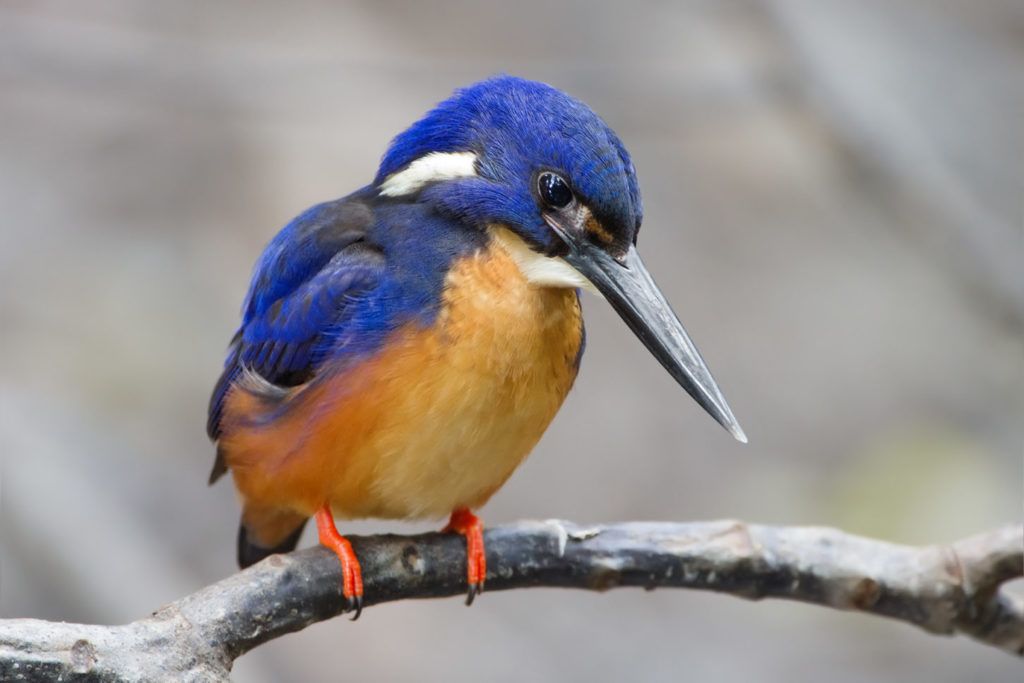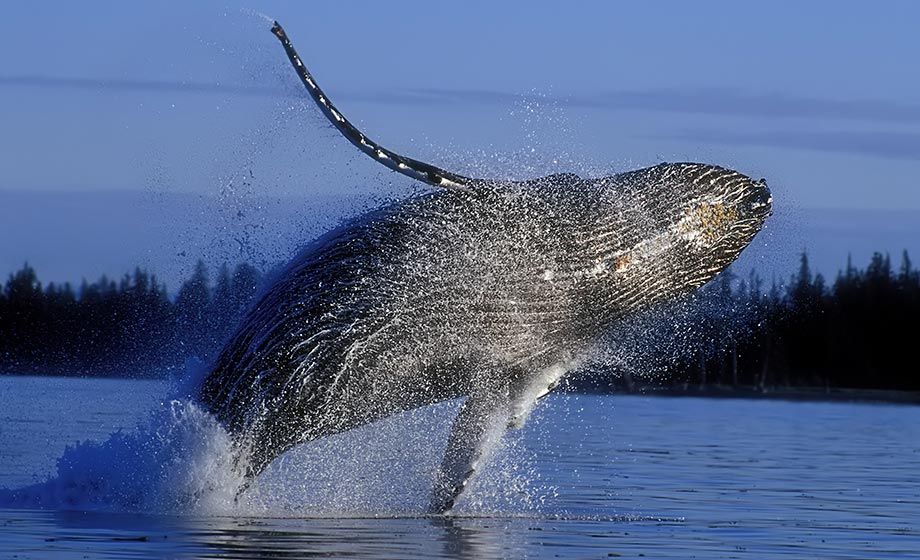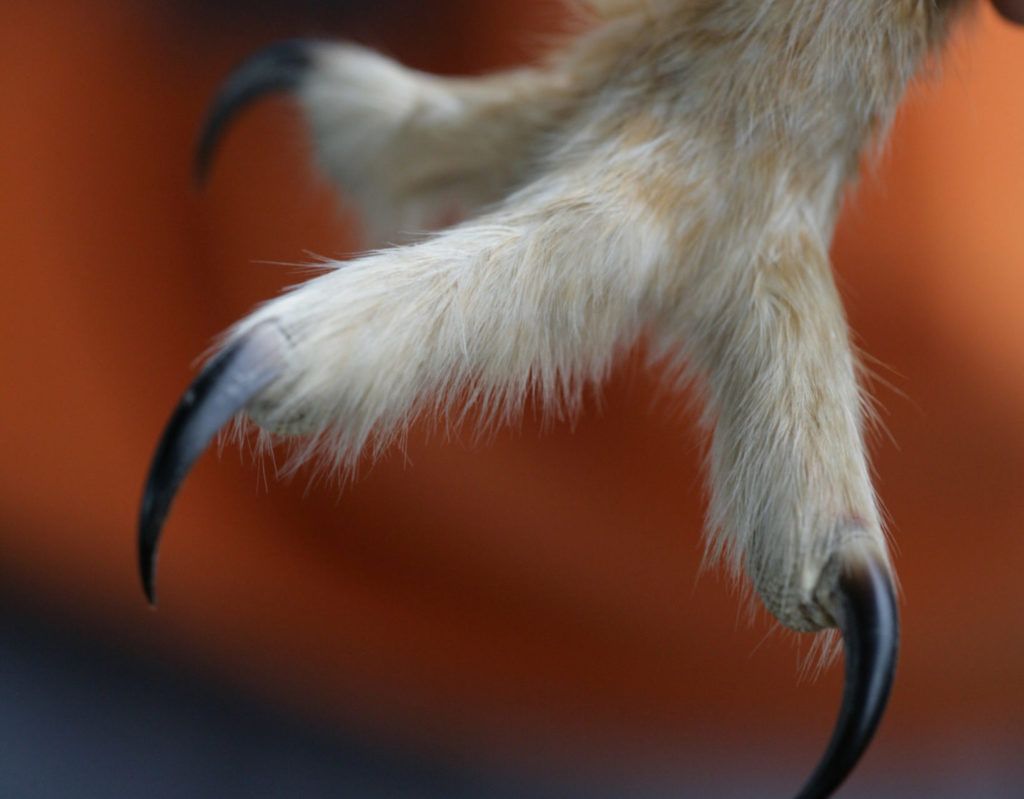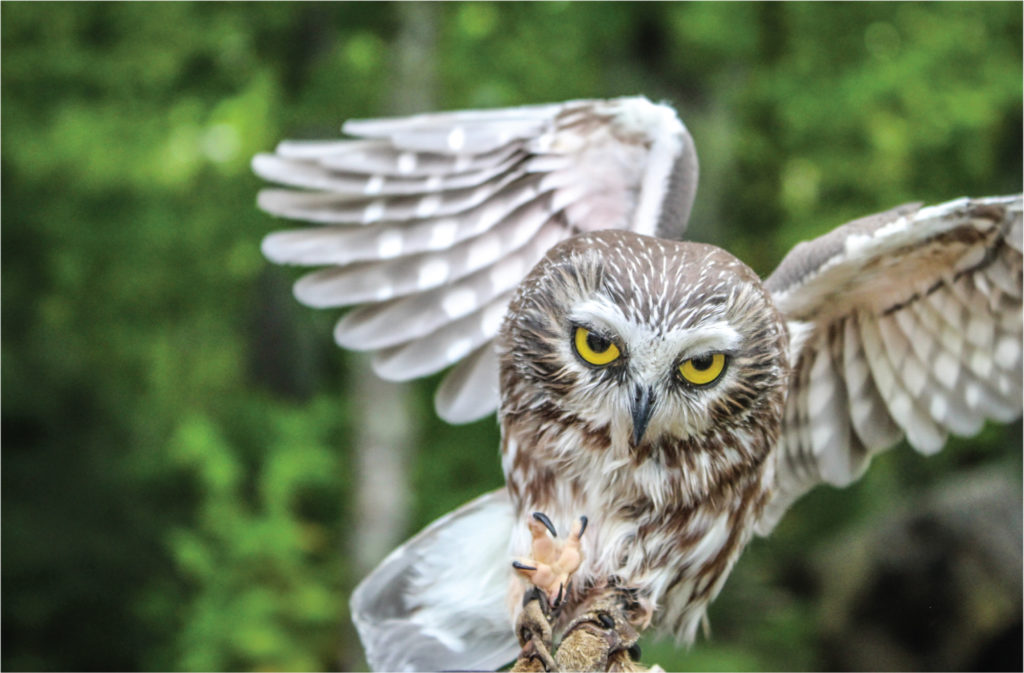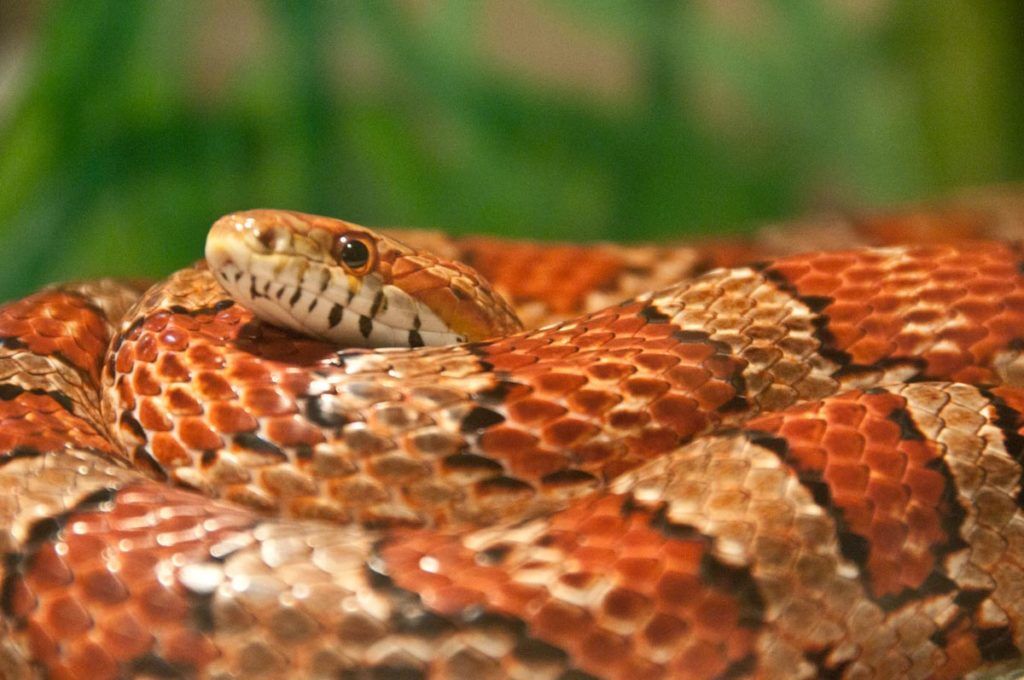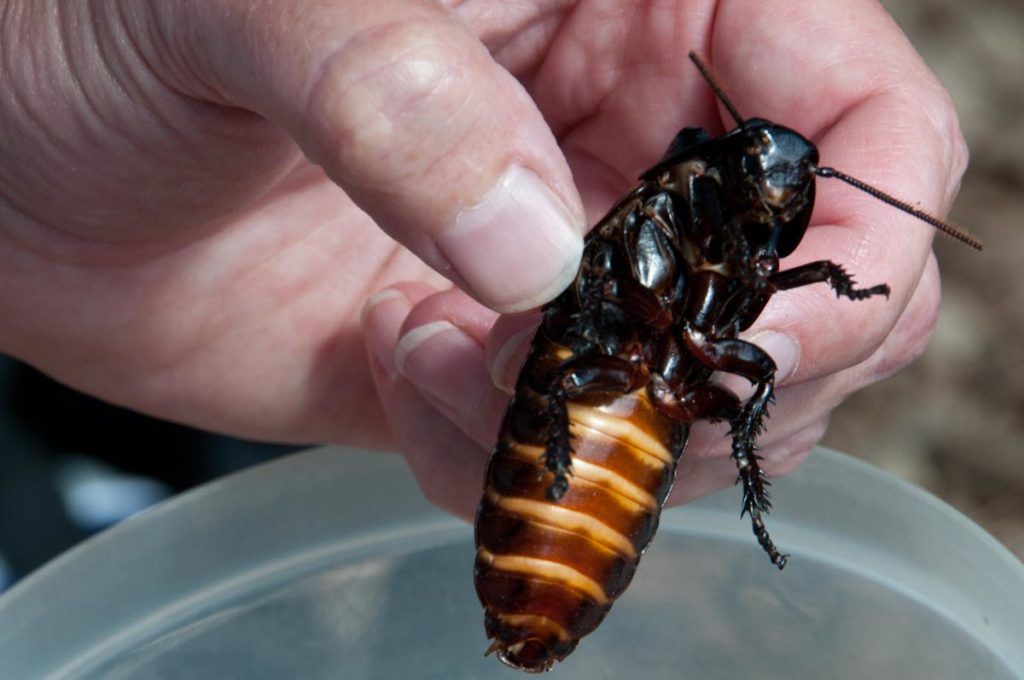
StarLab: Discover the Night Sky
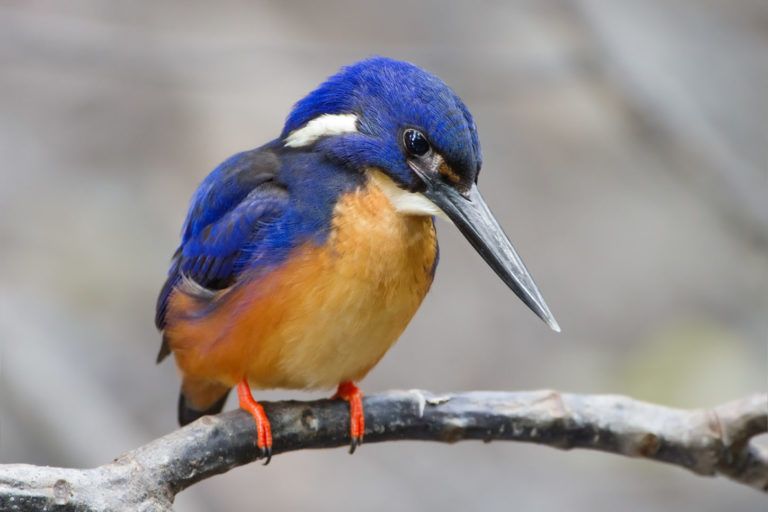
Biomimicry
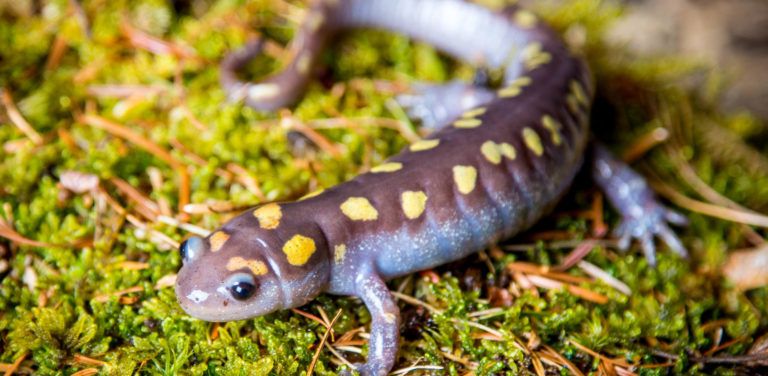
Vernal Pools
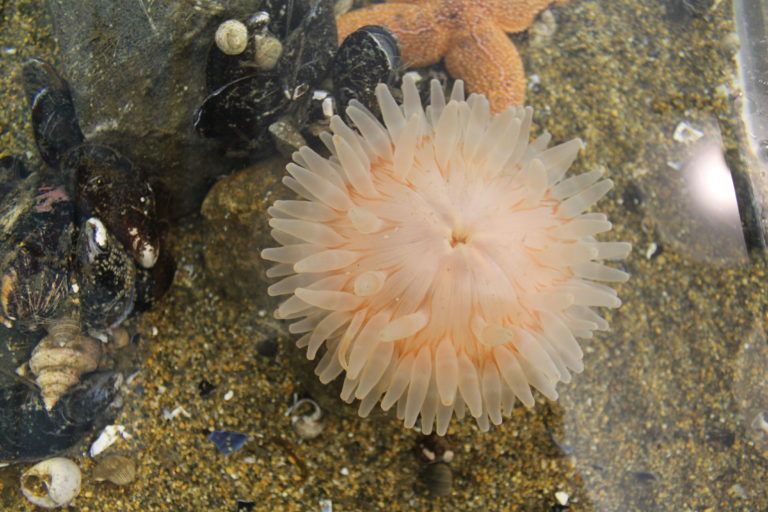
Tide Pools
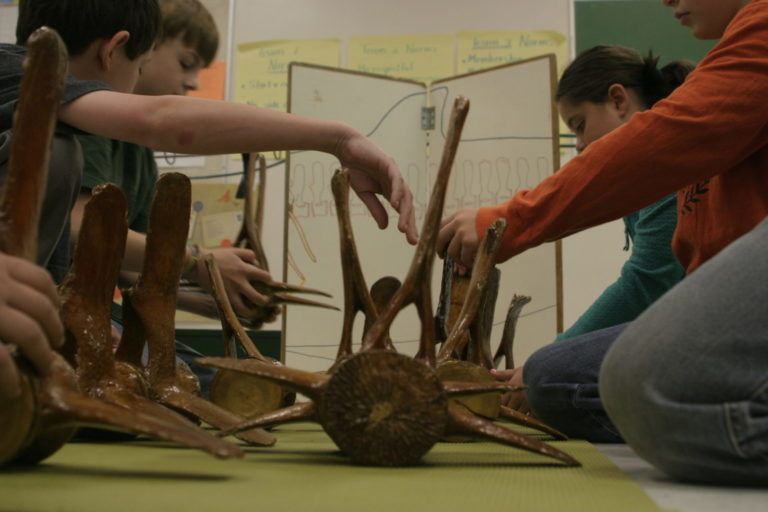
Skeletons
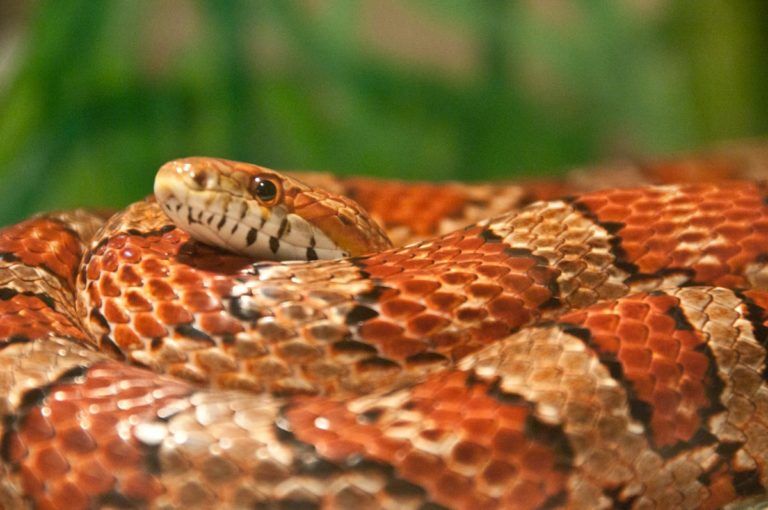
Scales & Tails
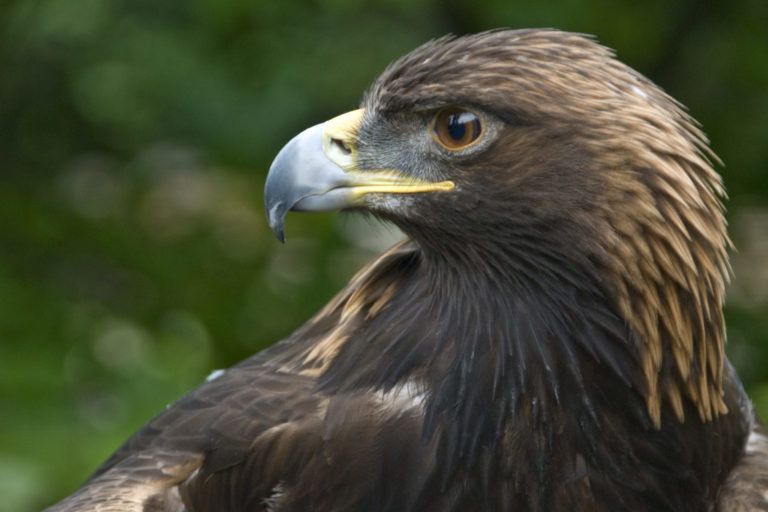
Predators
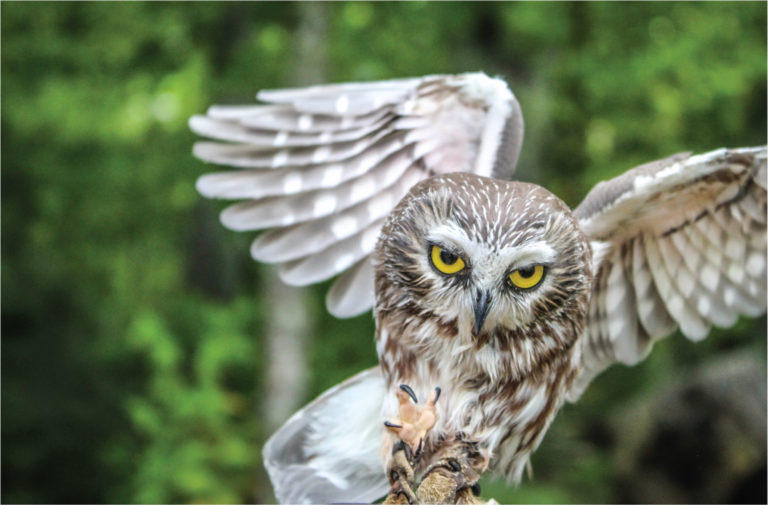
Owls of Maine
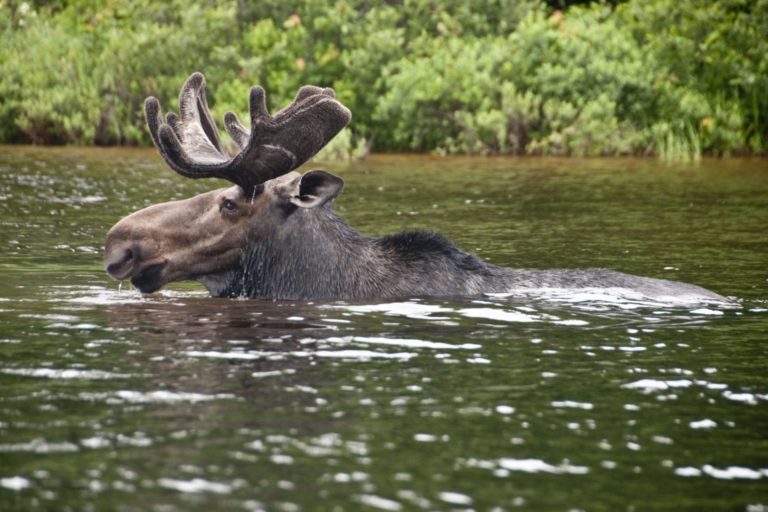
Mammals of Maine
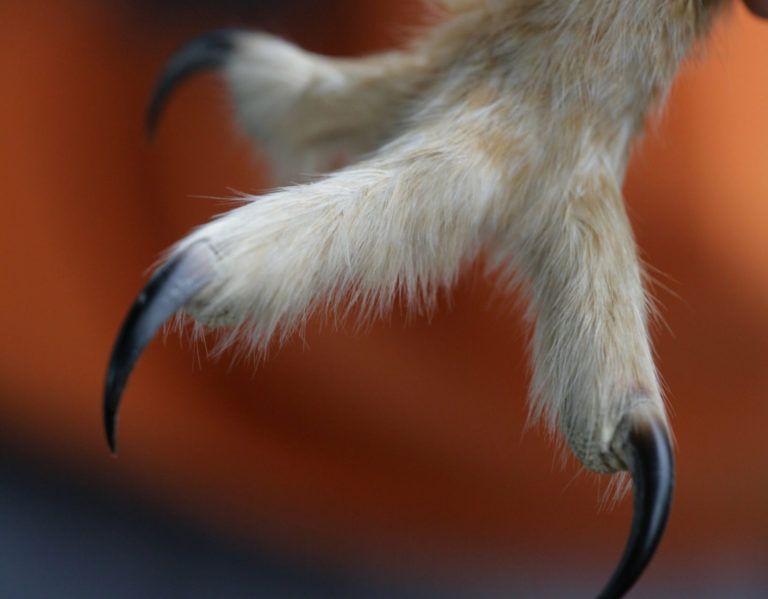
Fur, Feathers & Feet
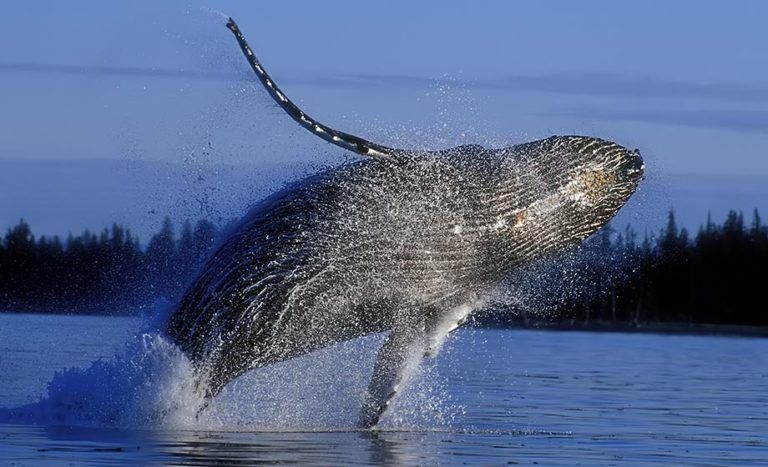
Fins and Flippers
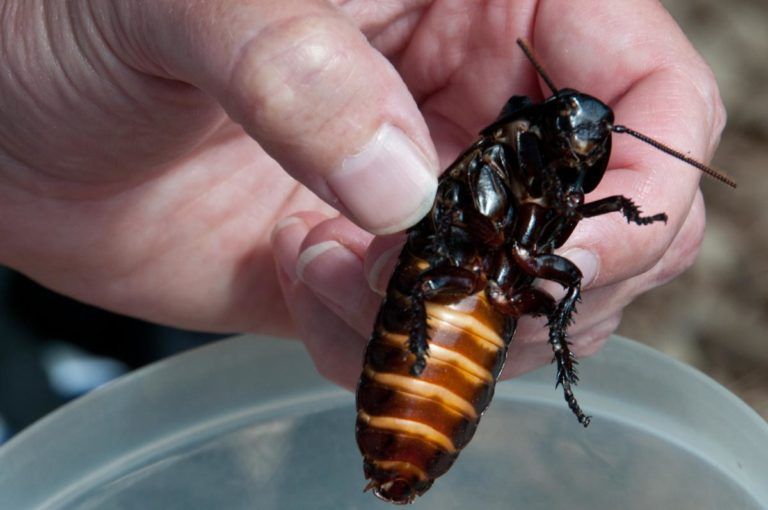
The Bugmobile
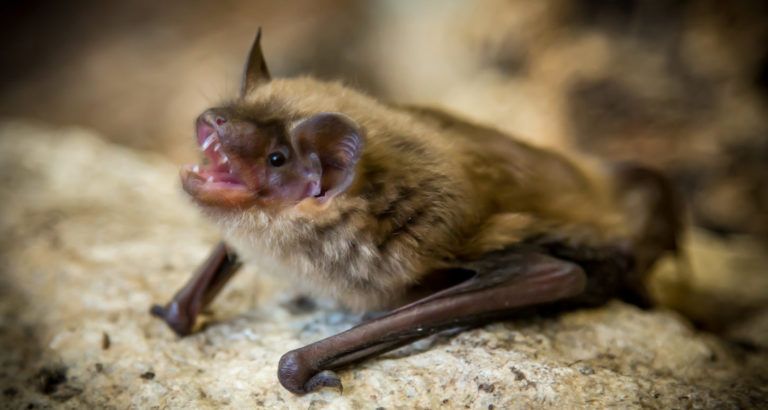
Bats of the World
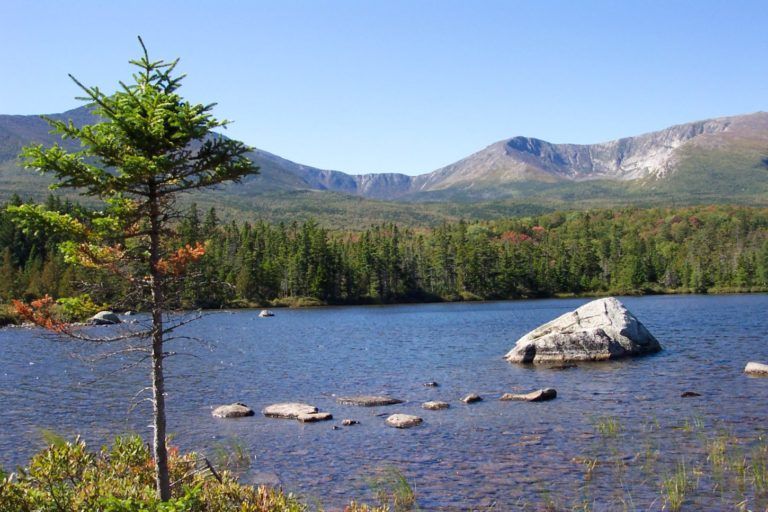
Biomes
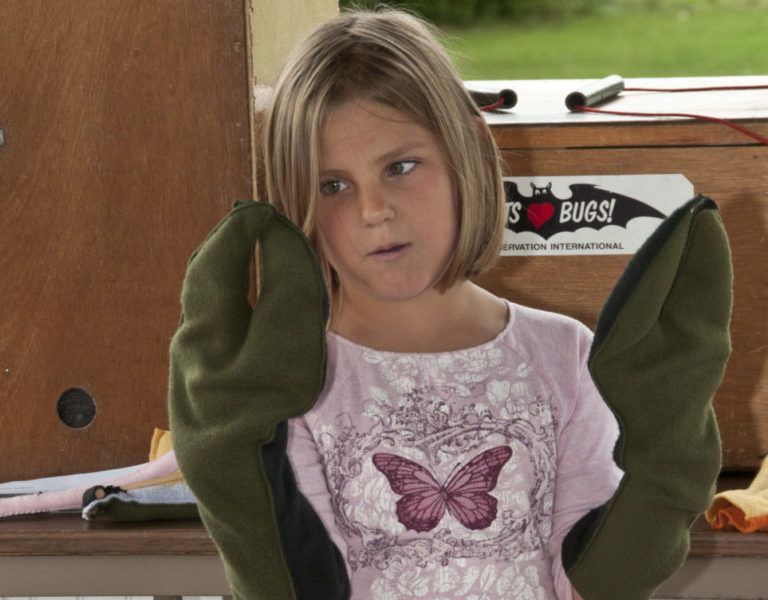
Animal Adaptations
Learning Comes Alive with a Chewonki Natural History Presentation
We provide live, interactive experiences for your students, patrons, or private group as we explore intriguing animals and natural phenomena. Our team of science educators will join your group with one of 17 different captivating presentations full of live animals, rare specimens, and engaging activities that will spark curiosity and wonder in participants of all ages.
Upcoming Public Events:
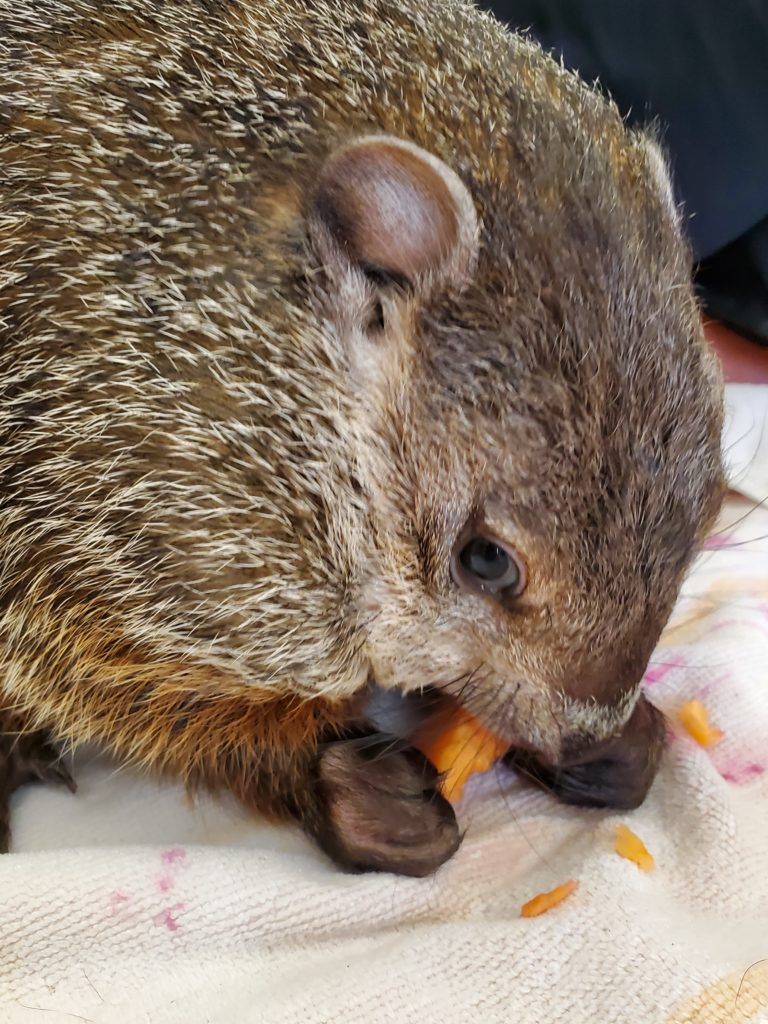
July 31: Mammals of Maine
Drop in and visit our display to learn about our native warm-blooded vertebrates: Maine mammals. See samples from our collection of skulls, study skins, and other specimens and learn how an animal’s characteristics, such as their teeth, feet, and fur serve as clues to understanding each mammal’s adaptations, niche, habitat, and the role it plays in the food web. Hosted by Thompson Free Library in Dover-Foxcroft, ME.
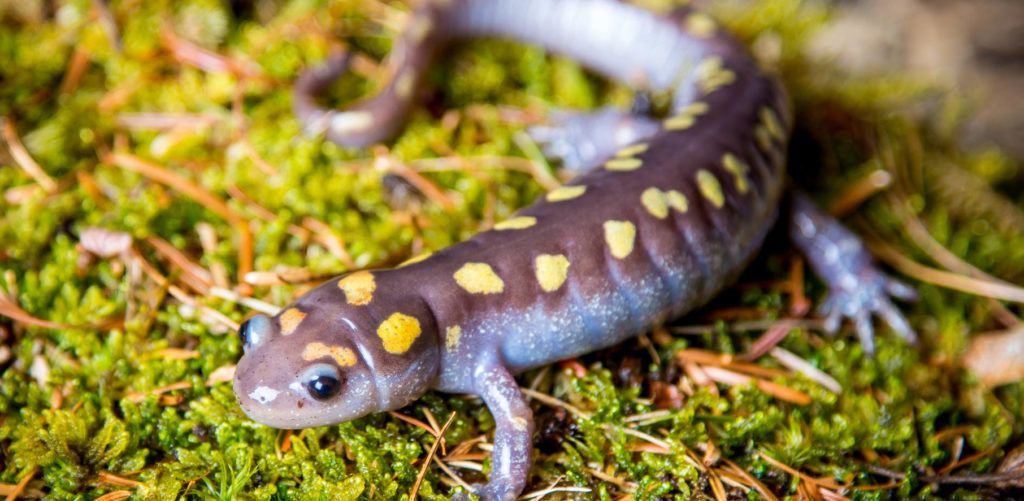
July 31: Vernal Pools
Take a closer look at the seasonal nature of a vernal pool and the impact it has on amphibian and invertebrate life cycles. We will develop an understanding of how so many cycles can be supported by a wetland that holds water for only a few short months. Hosted by 7 Lakes Alliance in Belgrade Lakes, ME
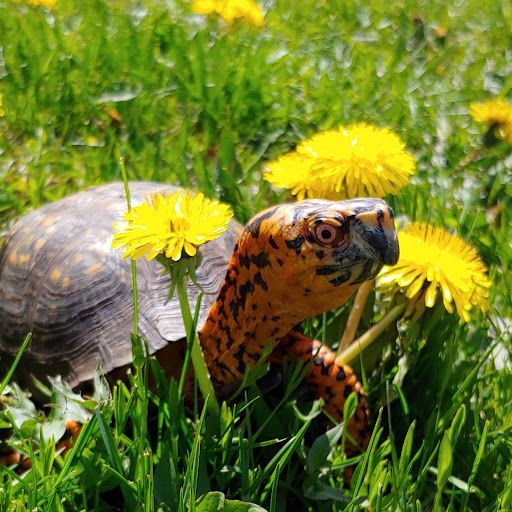
August 1: Biomimicry
Nature has already invented everything we need. If there is a problem we cannot solve, we can find the answer in nature, we just need to look closely and pay attention. Hosted by Charlotte Hobbs Library in Lovell, ME.
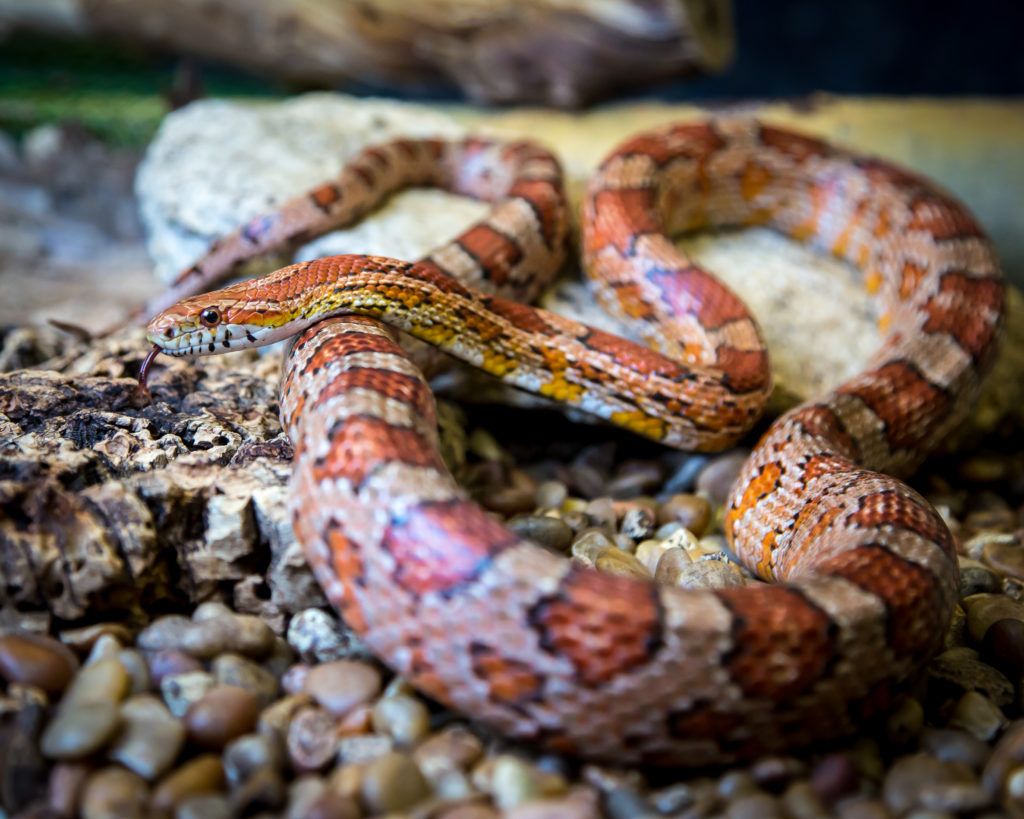
August 4: Scales & Tails
Many people conjure up images of slimy skin and bloodthirsty monsters when they hear the word “reptile.” This program works to dispel some of those fears by allowing participants to examine snakeskins, turtle shells, skeletons, and other unique reptilian artifacts. Hosted by Warren Free Public Library.
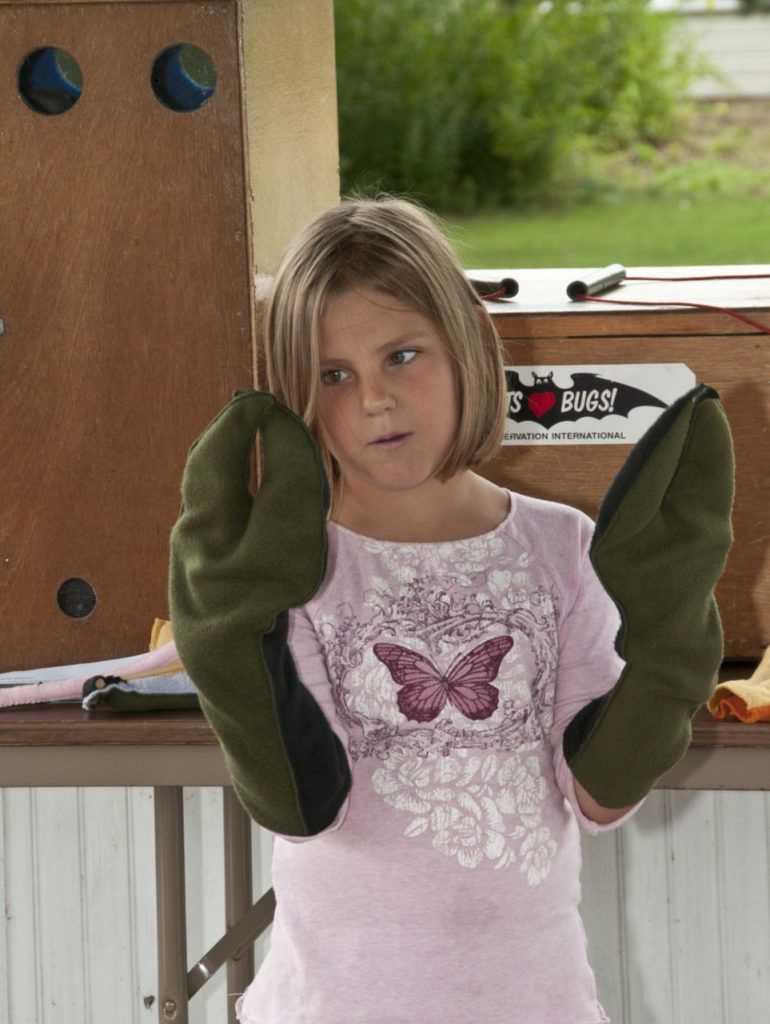
August 7: Animal Adaptations
Learn about adaptations, try on fun costumes, and see firsthand how three of our live, non-releasable animals have adaptations that help them thrive in their specific habitats, including our local marine habitat. Hosted by 7 Lakes Alliance in Belgrade Lakes, ME
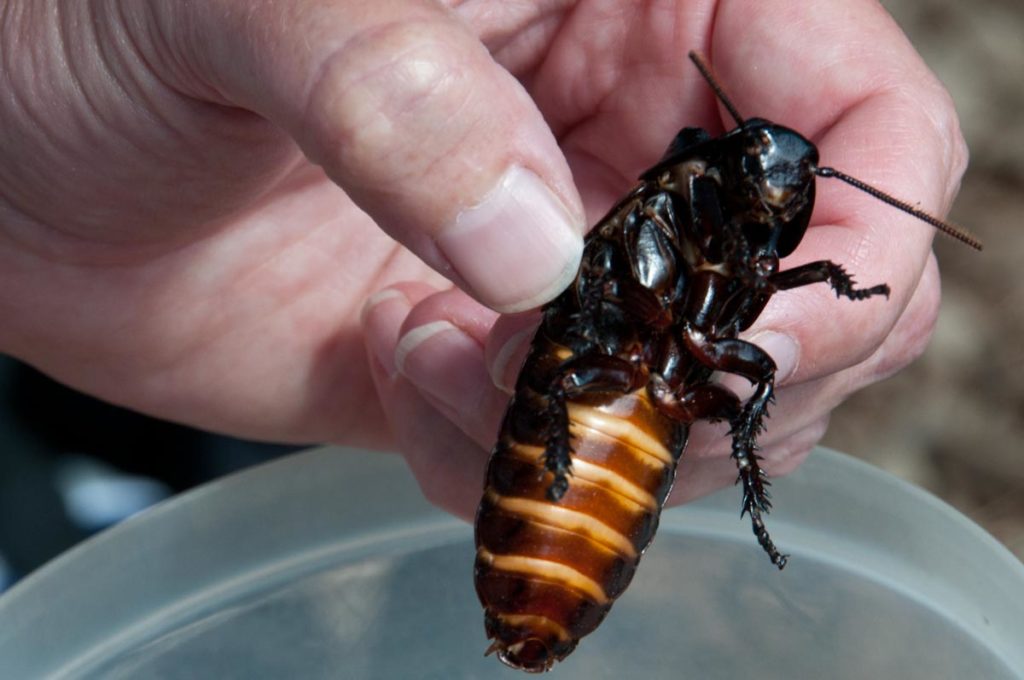
August 8: The Bugmobile
Is a bug an insect? Is a spider a bug? These questions and many more are answered in The BugMobile, bringing the world of arthropods – insects and their relatives, into your classroom. We look at the forms and functions of different groups of arthropods and explore many fascinating adaptations essential for survival such as mimicry, camouflage, armor and venom. The program includes live specimens, displays, models and activities to visually examine and understand the unique characteristics of these amazing creatures. Hosted by the Shaw Public Library in Greenville, ME
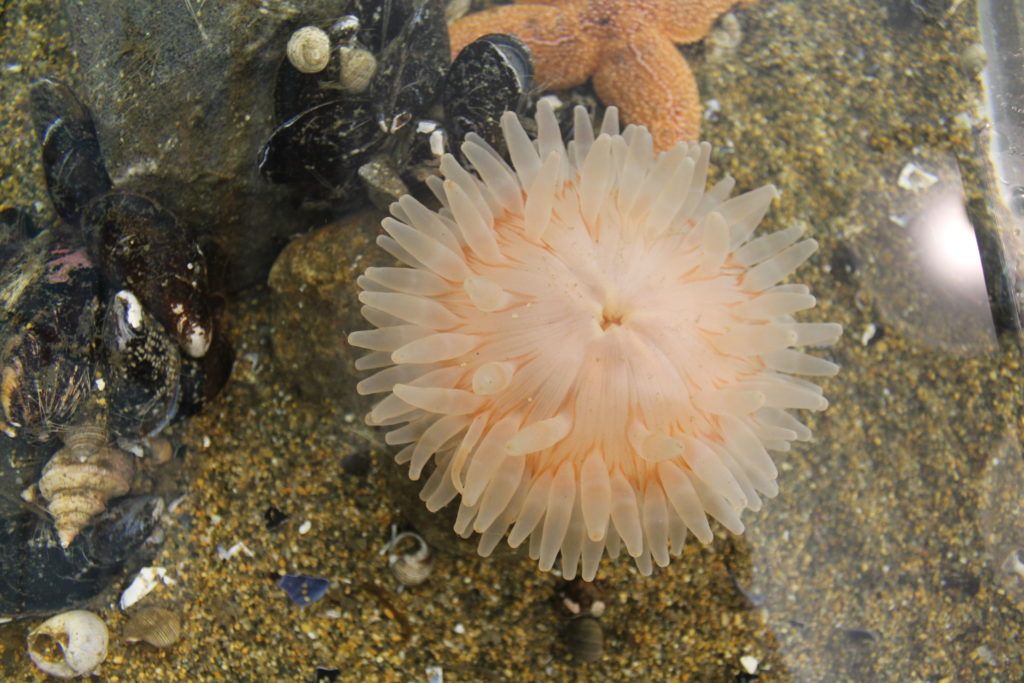
August 9: Tide Pools
The tide pool is home to a variety of species whose unique adaptations allow them to maintain stability in a world that is in a constant state of change. Hosted by Jesup Memorial Library in Bar Harbor, ME
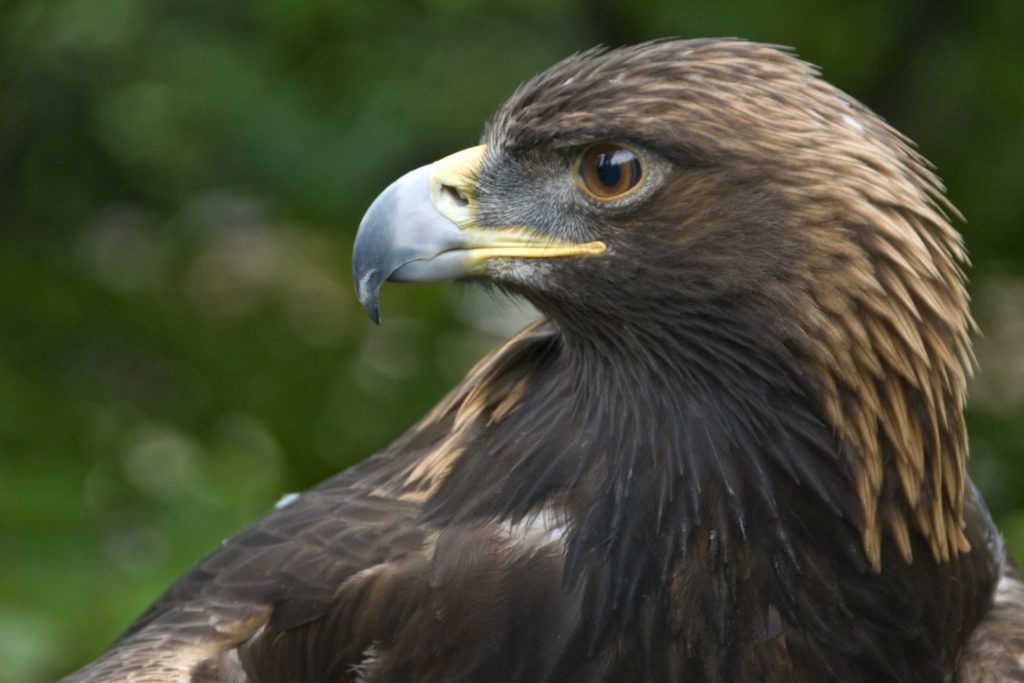
August 13: Predators
Drop in and visit our display as we explore attitudes toward predators and reasons for their decline throughout history because of habitat loss and human interference. Learn how current events emphasize the importance of predators in maintaining the world’s ecological balance. See some mounted animals and some non-releasable predators. Hosted by Coastal Maine Botanical Gardens in Boothbay, ME.

August 14: Scales & Tails
Many people conjure up images of slimy skin and bloodthirsty monsters when they hear the word “reptile.” This program works to dispel some of those fears by allowing participants to examine snakeskins, turtle shells, skeletons, and other unique reptilian artifacts. Hosted by Belgrade Public Library.
[Program is being held at 1 Center Dr, Belgrade, ME]
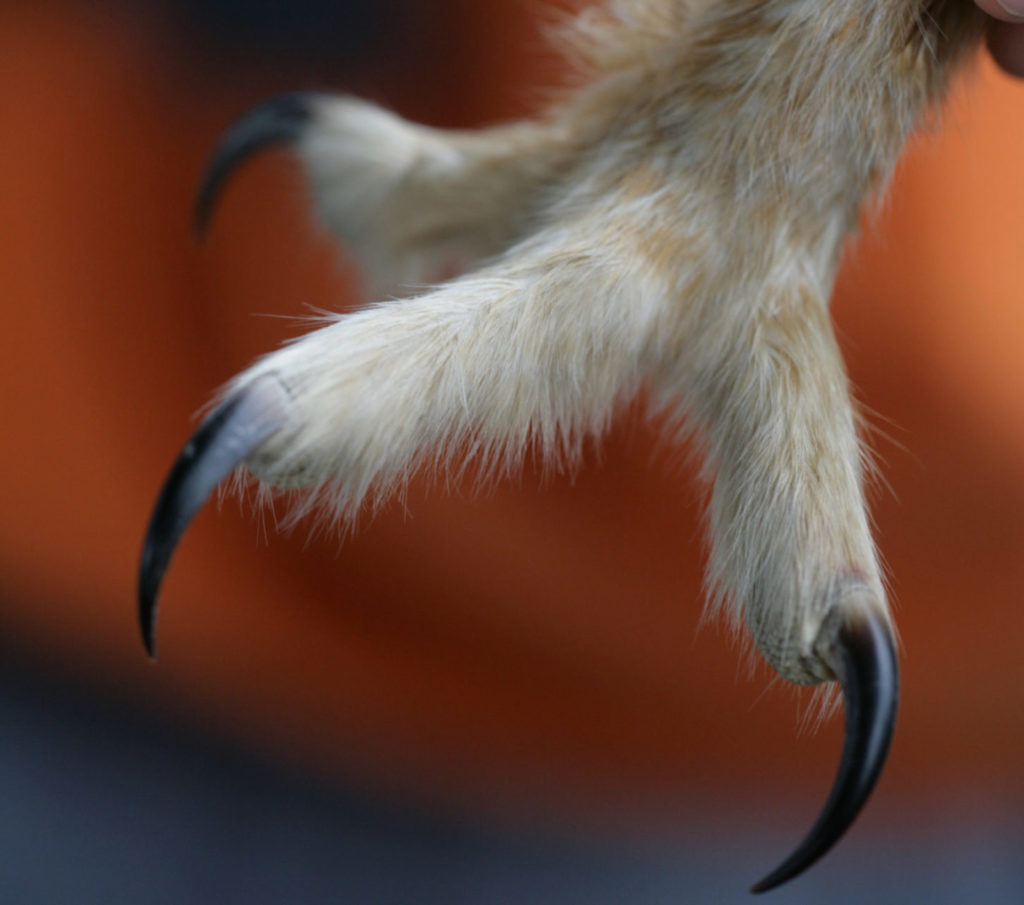
August 14: Fur, Feathers & Feet
A great program for children from pre-school through 2nd grade. Discover the differences and similarities between birds and mammals as we encourage active learning by dressing two students in our bear and bird costumes. Hosted by 7 Lakes Alliance in Belgrade Lakes, ME.
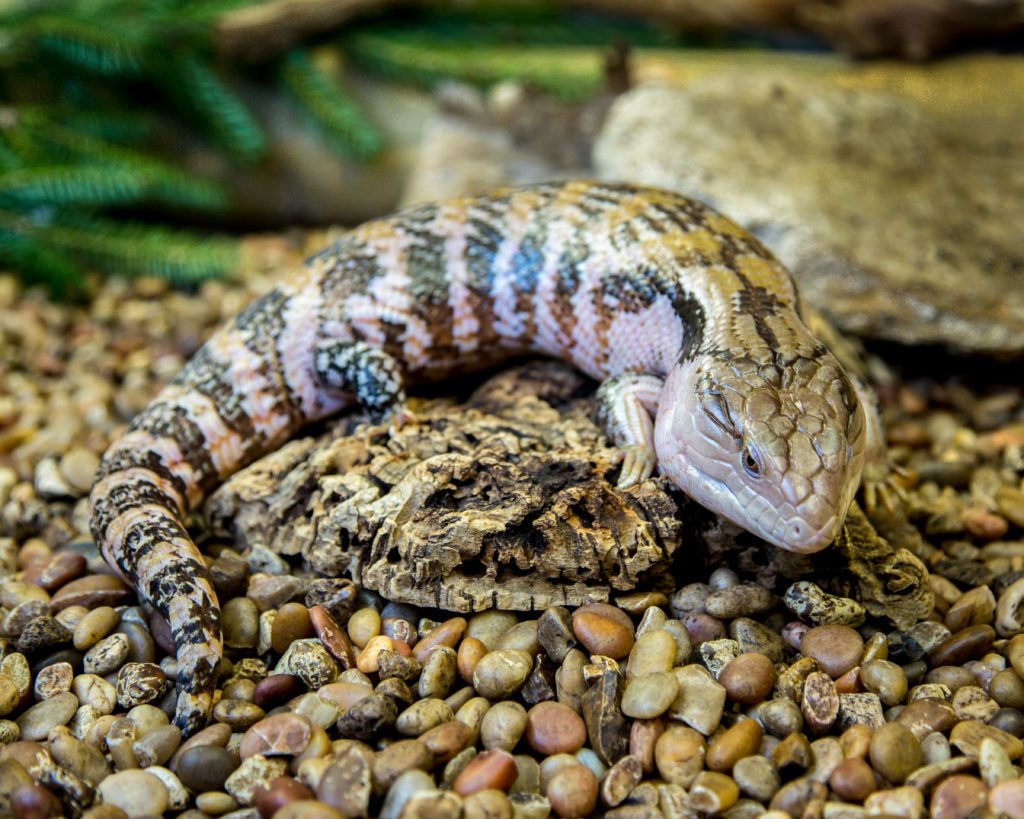
August 15: Predators
Explore attitudes toward predators and reasons for their decline throughout history because of habitat loss and human interference. Discussion of current events emphasizes the importance of predators in maintaining the world’s ecological balance. Participants have the opportunity to study mounted animals and see three live, non-releasable predators. Hosted by the Topsham Public Library.

August 18: Vernal Pools
Take a closer look at the seasonal nature of a vernal pool and the impact it has on amphibian and invertebrate life cycles. We will develop an understanding of how so many cycles can be supported by a wetland that holds water for only a few short months. Hosted by Vassalboro Public Library.

August 18: The Bugmobile
Is a bug an insect? Is a spider a bug? These questions and many more are answered in The BugMobile, bringing the world of arthropods – insects and their relatives, into your classroom. We look at the forms and functions of different groups of arthropods and explore many fascinating adaptations essential for survival such as mimicry, camouflage, armor and venom. The program includes live specimens, displays, models and activities to visually examine and understand the unique characteristics of these amazing creatures.
Hosted by Cary Memorial Library in Wayne, ME.

August 18: Predators
Explore attitudes toward predators and reasons for their decline throughout history because of habitat loss and human interference. Discussion of current events emphasizes the importance of predators in maintaining the world’s ecological balance. Participants have the opportunity to study mounted animals and see three live, non-releasable predators. Hosted by the Readfield Community Library.

August 20: The Bugmobile
Is a bug an insect? Is a spider a bug? Drop in and visit our display to answer these questions and many more. We look at the forms and functions of different groups of arthropods and explore many fascinating adaptations essential for survival such as mimicry, camouflage, armor and venom. The program includes live specimens, displays, models to visually examine and understand the unique characteristics of these amazing creatures.
Hosted by Coastal Maine Botanical Gardens in Boothbay, ME.

August 20: Tide Pools
The tide pool is home to a variety of species whose unique adaptations allow them to maintain stability in a world that is in a constant state of change. Hosted by Stewart Free Library in Corinna , ME

August 21: The Bugmobile
Is a bug an insect? Is a spider a bug? These questions and many more are answered in The BugMobile, bringing the world of arthropods – insects and their relatives, into your classroom. We look at the forms and functions of different groups of arthropods and explore many fascinating adaptations essential for survival such as mimicry, camouflage, armor and venom. The program includes live specimens, displays, models and activities to visually examine and understand the unique characteristics of these amazing creatures.
Hosted by 7 Lakes Alliance in Belgrade Lakes, ME.

August 22: Mammals of Maine
This exciting and interactive program introduces students to our native warm-blooded vertebrates: Maine mammals.
Participant examine mounted animal specimens and observe their characteristics, such as teeth, feet, and fur. We use these observations as clues to understanding each mammal’s adaptations, niche, and habitat.
A collection of skulls, study skins, and other specimens complements a discussion of adaptations and the role each animal plays in the food web.
Hosted by Shaw Public Library in Greenville, ME.

August 22: The Bugmobile
Is a bug an insect? Is a spider a bug? We look at the forms and functions of different groups of arthropods and explore many fascinating adaptations essential for survival, such as mimicry, camouflage, armor and, venom. We will have live specimens, displays, models and activities to visually examine and understand the unique characteristics of these amazing creatures. Hosted by Cumston Public Library in Monmouth, ME.
Learn More:
Since 1985, Chewonki has been home to a collection of ambassadors. Birds, reptiles, mammals, and amphibians arrive at our campus with injuries or conditions that prevent their return to the wild. Our teachers are extensively trained and take deep pleasure in making connections with students, and in passing on a lifelong appreciation for the value of wildlife and nature.
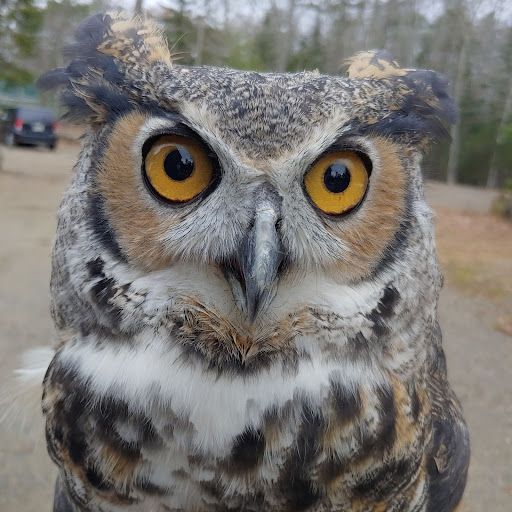
Our programs will help you enhance the environmental literacy of your children, students, or community members. They will spark interest and appreciation for sciences, wildlife, and conservation.
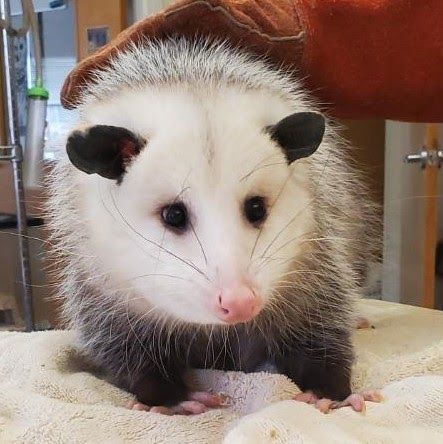
With support from business partners, we’re working to keep our Traveling Natural History Programs accessible and affordable for schools and companies like yours. Let us know how we can provide these high-quality programs for your school, library, organization, business, or seasonal program.

